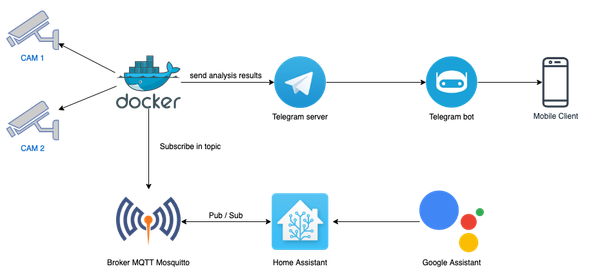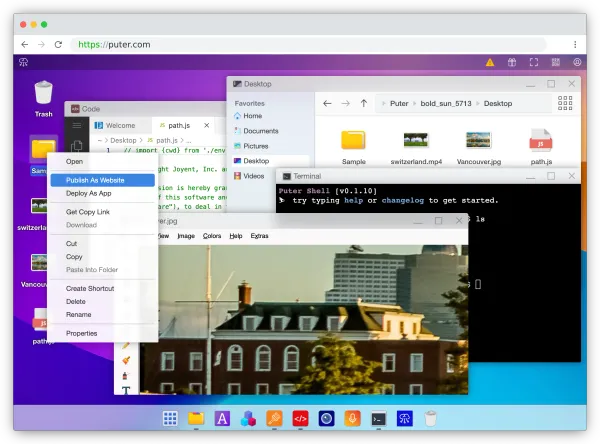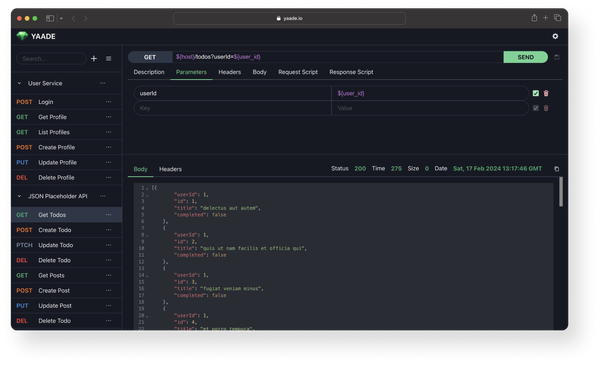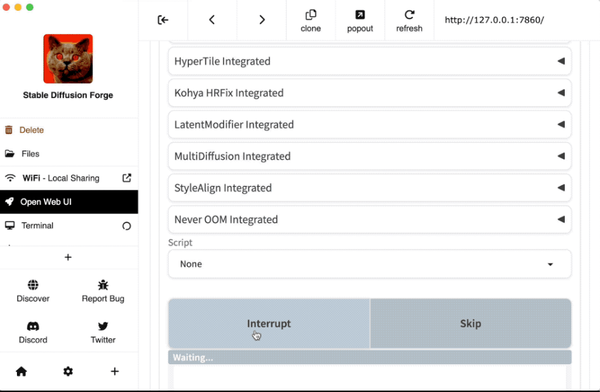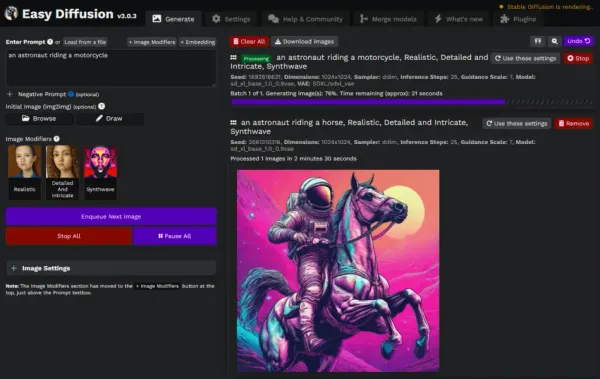Piranha CMS is an open-source .Net -based CMS for enterprise
Table of Content
What is Piranha CMS?
Piranha CMS is the friendly editor-focused CMS for .NET6 that can be used both as an integrated CMS or as a headless API.
Piranha is designed for small to medium-sized applications with the rare users in mind. With its decoupled architecture it can be used as both an integrated CMS or as a headless content store for your Apps.
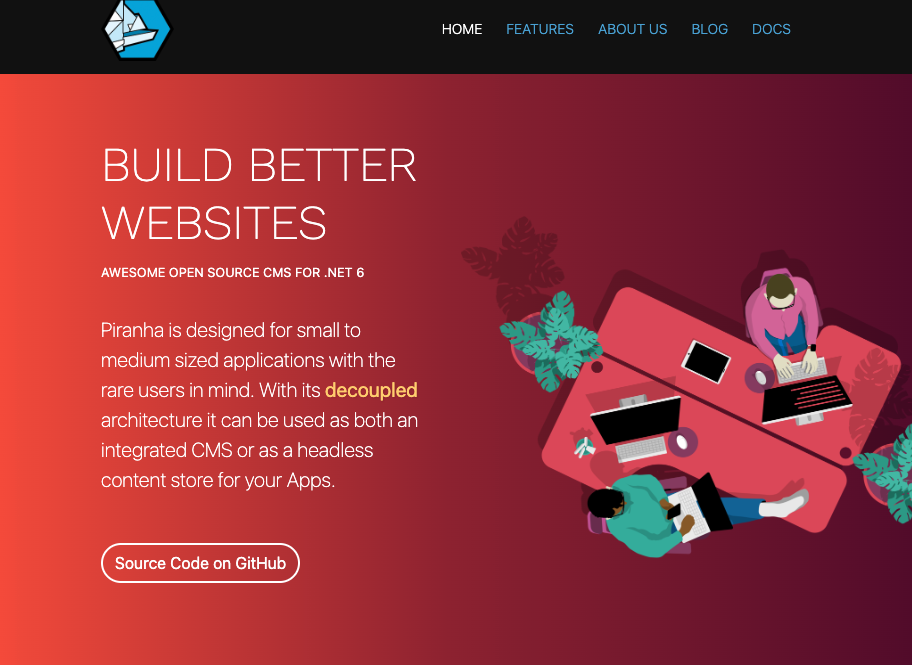
It gets a complete rewrite to its older version, and hundreds of developers, and companies that use it in business.
Features
- Full open-source solution, under the MIT license
- Headless mode with highly customizable API
- Responsive user-interface
- Cross-platform system: it runs on Windows, Linux, macOS.
- Flexible customizable admin and dashboard
- Extension: developer can easily build extensions to extend its functionalities
- Developer-friendly API and documentation
- Powered by the latest version of Vue.js Framework
- Offers a live preview for the content
- Image and media handling: Handles and manages the images and file attachments
- SUPPORTS RAZOR PAGES & MVC
- It comes with a rich content editor
- Strong user- and developer-friendly extension manager
- It has dozens of extensions and modules
Tech Stack
Piranha is currently built for .NET 6 and uses in its simplest form the following awesome packages:
License
Piranha CMS is released and licensed under the MIT License.

